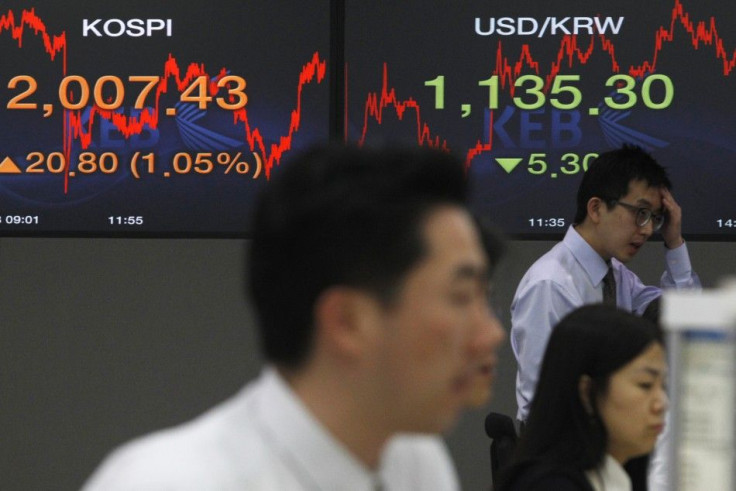South Korea Keeps Key Interest Rate Unchanged At 3.25%; ADB Says Economic Growth Will Slow Down

South Korea's central bank said Friday that it is keeping the key interest rate unchanged at 3.25 percent, subsequent to the inflationary pressures witnessed by the country.
The rising inflation has been a key concern for the general public for some time. Much of the increase in food prices relates to higher global commodity prices. South Korea has also been hit by bad weather and foot-and-mouth outbreaks in recent years.
At the same time, the bank has acknowledged that the country is undergoing a moderate economic growth. Although export growth has slowed, the Monetary Policy Committee appraises economic growth to have shown signs of a moderate recovery, with consumption and construction investment increasing, the central bank said in a statement.
The domestic economic growth rate will gradually return to its long- term trend going forward, although downside risks remain due mostly to the impacts of external risk factors, it added.
With respect to the increasing food prices, the issue has become a major concern for the policymakers. South Korea's inefficient supply chains are considered to be a major reason in keeping food prices higher than they would otherwise be. The retail market is dominated by small convenience stores, which typically have higher costs than their larger counterparts.
The dominance of small convenience stores is itself an indication of another challenge for South Korea's policymakers - reforming the labor market.
Meanwhile, the country's economic growth is expected to slow down as its exports are going to be badly impacted with the decreasing global demands, said the Asian Development Bank. Growth for 2012 is forecast at 3.4 percent below potential, rising moderately in 2013 to 4.0 percent. These rates are based on the expectation that (South Korea's) main export markets, including the European Union, the United States and Japan, will experience slow growth at best, the ADB said in a report.
It is expected that the imports will rise faster than exports, resulting in the current account surplus to decline to 2 percent of gross domestic product in 2012.
© Copyright IBTimes 2025. All rights reserved.





















